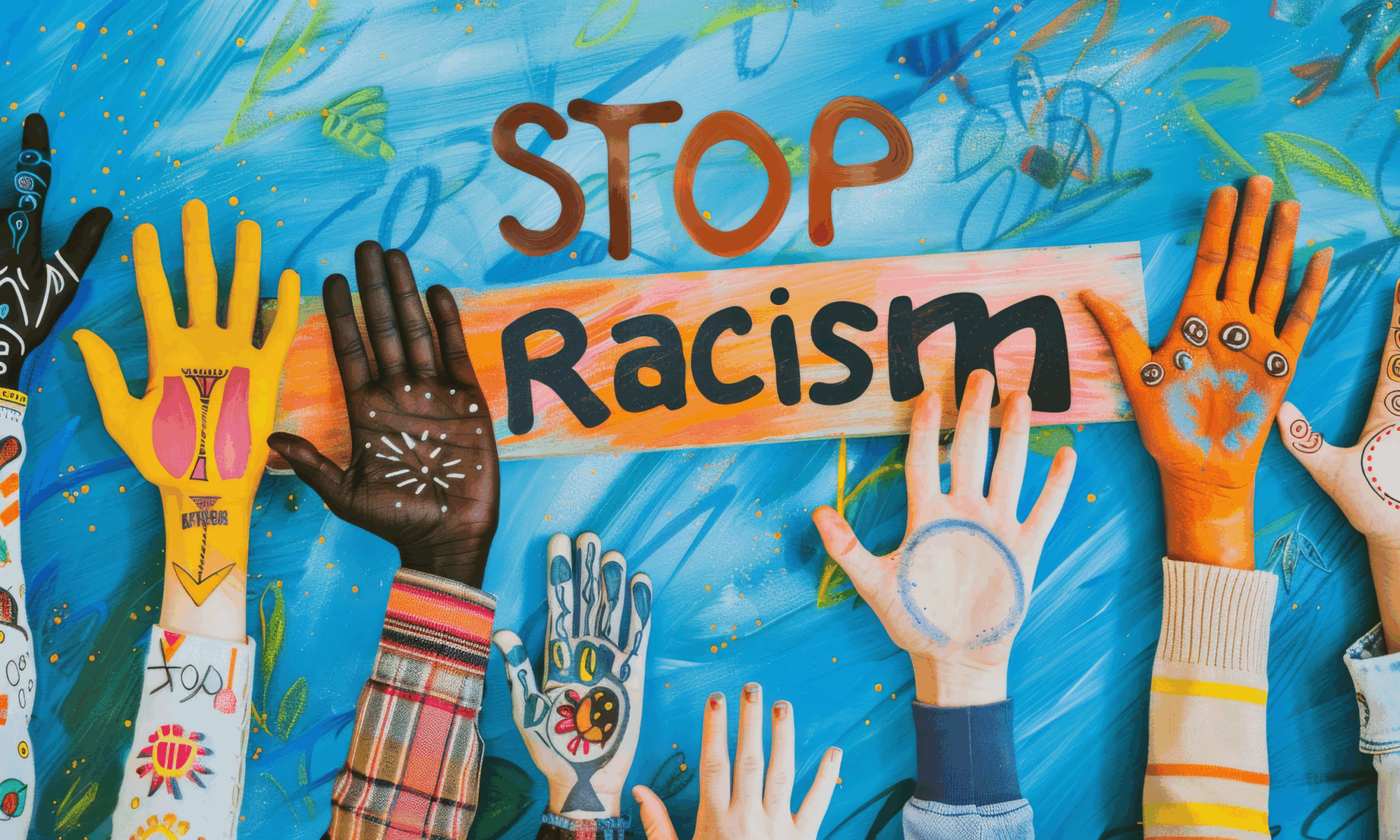Fired for Speaking Up? Understanding Workplace Retaliation Rights
It starts with a feeling of unease. You witness a manager making a derogatory comment, or perhaps you notice a pattern of unfair treatment directed at you or a colleague. You decide to do the right thing: you speak up. You file a complaint with Human Resources or mention your concern to a supervisor.
You expect an investigation. You expect professionalism. What you don’t expect is to find your shifts suddenly cut, your workload doubled, or your employment terminated entirely.
This scenario is not just unfair; it is often illegal. In the legal world, this is known as workplace retaliation. It is a pervasive issue that silences victims and allows toxic workplace cultures to fester. Understanding your rights is the first step toward protecting your livelihood and holding employers accountable.
Defining Workplace Retaliation
Retaliation occurs when an employer takes an “adverse action” against an employee for engaging in “protected activity.”
In simpler terms, your employer cannot punish you for asserting your rights. Under federal laws like Title VII of the Civil Rights Act of 1964, as well as various California state laws, you have the right to work in an environment free from discrimination and harassment. Just as importantly, you have the right to complain about legal violations without fear of retribution.
The Equal Employment Opportunity Commission (EEOC) reports that retaliation is the most frequently alleged basis of discrimination in the federal sector. It is a common tactic used to intimidate workers, but the law provides a shield against it.
Recognizing the Signs: What Does Retaliation Look Like?
Retaliation is not always as obvious as a firing squad. While termination is the most severe form, retaliatory actions can be subtle, designed to make an employee’s life difficult enough that they quit voluntarily—a concept known as “constructive discharge.”
Any action that would deter a reasonable person from making a complaint can constitute retaliation. Common examples include:
- Demotion or Pay Cuts: Being moved to a lower-ranking position or having your salary reduced shortly after making a complaint.
- Exclusion: Suddenly being left out of meetings, training opportunities, or social events that are essential to your job function.
- Schedule Changes: Being assigned to the least desirable shifts or having your hours drastically reduced.
- Undeserved Discipline: Receiving negative performance reviews or disciplinary write-ups that are inconsistent with your actual performance history.
- Hostility: Facing verbal abuse or the “cold shoulder” from management or peers acting on management’s behalf.
Examining the Evidence: EEOC v. CASSE
To understand how retaliation plays out in the real world—and how the courts view it—we can look at the recent case of EEOC v. Council for the Advancement of Social Services and Education (CASSE). This case serves as a reminder that employers cannot punish employees for raising a concern.
The Incident
Destiny Johnson, a Black dental assistant at a health clinic in Louisiana, found herself in an uncomfortable position in June 2020. During a time of nationwide racial justice protests, the clinic’s dental director—who was White—asked Johnson, in front of White colleagues, if she had attended a “Black Lives Matter” protest.
Feeling singled out and humiliated by what she perceived as a racially charged inquiry, Johnson did exactly what company policies usually dictate: she complained to a co-worker, and the information was relayed to management.
The Employer’s Reaction
Instead of investigating Johnson’s concern neutrally, the organization’s CEO, Mary Elizabeth Chumley, took immediate action against Johnson. Ms. Chumley sent a text message placing Johnson on unpaid administrative leave.
The reasoning? The CEO claimed the suspension was necessary pending an investigation into Johnson’s “introduction of race” into the workplace. Johnson was never asked to return to work.
The Legal Outcome
When this case reached federal court, the judge ruled in favor of the EEOC on the retaliation claim. The court noted that placing Johnson on unpaid leave constituted a clear adverse action.
Crucially, the court found “direct evidence” of retaliatory intent. The CEO’s own text messages and statements admitted that Johnson was punished for complaining about discrimination. The employer tried to argue that Johnson was fired for performance issues, but the evidence—the text message explicitly linking the suspension to the complaint—was undeniable.
This case highlights a critical legal principle: You do not have to prove that the underlying discrimination (the comment about the protest) was illegal to win a retaliation claim. You only have to prove that you had a “reasonable belief” that it was illegal and that you were punished for opposing it.
The Three Pillars of a Retaliation Claim
If you believe you are a victim of retaliation, establishing a claim generally requires proving three specific elements:
1. Protected Activity
You must have engaged in an activity protected by law. This includes:
- Filing a formal complaint with the EEOC or a state agency.
- Complaining internally to management or HR about discrimination or harassment.
- Participating in an investigation as a witness.
- Requesting an accommodation for a disability or religious practice.
- Resisting sexual advances.
2. Adverse Action
Your employer must have taken action against you that was materially adverse. As noted earlier, this goes beyond minor annoyances. It must be something that could reasonably discourage an employee from coming forward.
3. Causal Connection
There must be a link between your protected activity and the adverse action. This is often the hardest part to prove. Courts look at:
- Timing: Did the discipline happen immediately after your complaint?
- Knowledge: Did the person punishing you know about your complaint?
- Consistency: Were you treated differently from employees who didn’t complain?
Your Legal Protections
Retaliation is prohibited under several federal and state statutes.
Title VII of the Civil Rights Act protects employees who oppose discrimination based on race, color, religion, sex, or national origin.
The Americans with Disabilities Act (ADA) protects individuals who request accommodations or complain about disability discrimination.
The Age Discrimination in Employment Act (ADEA) protects workers aged 40 and older from retaliation regarding age discrimination complaints.
In California, the Fair Employment and Housing Act (FEHA) provides even stronger protections than federal law in many instances, covering a broader range of employers and protected categories.
What To Do If You Suspect Retaliation
If you find yourself in the crosshairs of a vindictive employer, taking the right steps early is crucial for your case.
Document Everything
In the CASSE case, a single text message from the CEO became the smoking gun. Save emails, text messages, and voicemails. Keep a journal of dates, times, and details of retaliatory incidents. If you receive a sudden negative performance review, draft a written rebuttal.
Follow Internal Procedures
If your company has a handbook, follow the complaint procedure outlined there. This puts the company on notice. If they fail to act—or if they punish you—it strengthens your claim that they were aware of the issue.
Consult a Retaliation Attorney
Retaliation cases are fact-specific and complex. Employers rarely admit they are retaliating; they will often manufacture “performance issues” to justify their actions. An experienced attorney can help you cut through these defenses.
Standing Up for Justice
The law recognizes that workplaces must be safe and that employees must be free to speak the truth. When an employer retaliates, they are not just harming one worker; they are attempting to silence everyone.
You should not have to choose between your dignity and your paycheck. If you have been fired, demoted, or harassed for doing the right thing, you have legal avenues to seek justice.
At Helmer Friedman LLP, we are dedicated to advocating for employees who have been wronged. We understand the courage it takes to speak up, and we are committed to ensuring your voice is heard in the legal system.










